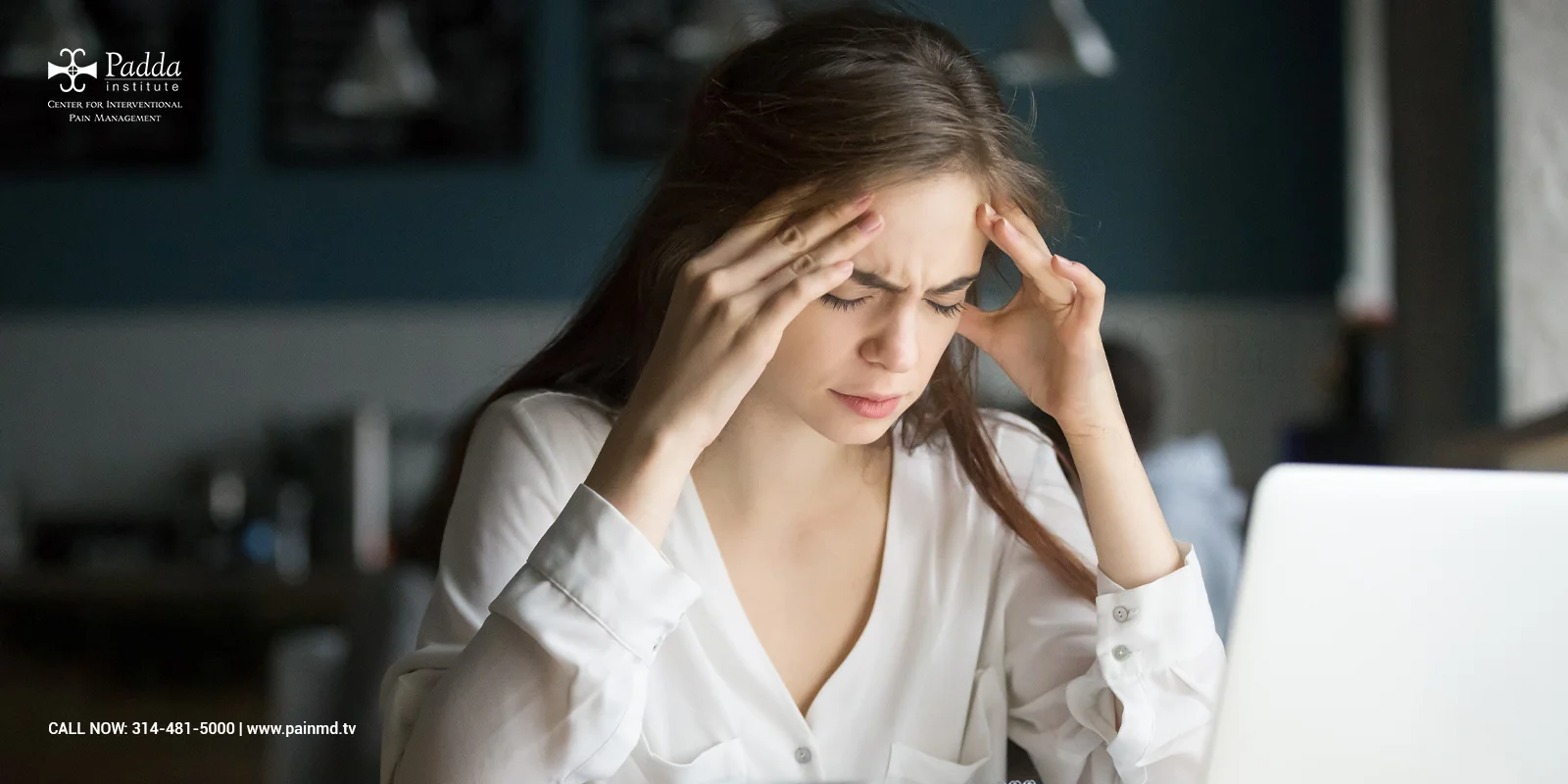Summary: Migraine is the most common type of headache, and it may be quite severe in some people causing disability. However, in many instances, medications may fail to provide sufficient relief. In such cases, it is good to explore alternative migraine pain treatments. Some non-pharmacological means helpful in migraine headaches are mindfulness, medication, physical therapy, vitamins and supplements, and medical devices.
An estimated one billion people are living with migraine making it among the leading causes of disability. These numbers are massive. Many of those living with migraine are unaware of their condition as they think they just have a headache.
Migraine also appears to be more common in developed nations. For example, studies suggest that almost every US household has one member living with migraine.
Though most migraine cases remain undiagnosed, in some people, migraine attacks are highly debilitating and repeat frequently. Such individuals also develop other symptoms like nausea, vomiting, sound sensitivity, and more.
Studies show that genetics and environmental factors play an important role in migraine development. These issues cause a so-called trigeminal nerve activation and release of inflammatory substances like CGRP and other molecules. This results in the swelling of blood vessels, causing pain and inflammation.
Medications Fail to Help in Many Instances
Migraine headache is a common cause of chronic pain. There are multiple therapeutic approaches to managing migraine headaches and tens of medications. However, for many people, nothing seems to work, or medications provide insufficient pain relief.
People living with migraine headaches often know the precipitating factor, like noise, a certain environment, and more. Many are able to feel that their headache is about to begin. It means that they have a chance to prevent a migraine attack.
However, apart from the failure of drug therapy to help in many instances, some people cannot use drug therapy for various reasons like pregnancy and breastfeeding.
It seems that many people who do not respond to drug therapy or cannot take medications for some reason may benefit by using the so-called alternative or complementary medicine. For example, one can use one of the non-pharmacological means to manage the cause of migraine headaches or even combine multiple ways.
Some of the Ways to Manage Migraine without Medications
There are many ways to manage migraine without drugs, though what may work for one may not work for another. Thus, people would need to explore different methods and learn to manage migraine without medications through some trial and error.
Mindfulness & Meditation
It is one of the safest and best treatments of migraine as it does not involve using any substance. Moreover, it is no secret that mental stress is among the most significant triggers. Studies show that mindfulness can help reduce the severity of various types of migraine headaches and cluster headache pain.
Since many people can feel when they are going to get a migraine headache, biofeedback could be another way to prevent such headaches. For example, one may use biofeedback as soon as one feels a tightening of muscles, perspiration, and palpitation. There could be many ways of practicing mindfulness and meditation like one can start practicing yoga.
Physical Therapy
Many people may benefit from lifestyle interventions like regular exercise, passive stretching, cervical traction, acupuncture, etc. Studies show that physical therapy may work better for many people than drug therapy.
Physical therapy also helps reduce stress and improve sleep quality, thus helping prevent migraine attacks. In addition, some people may benefit a lot from massage therapy. Physical therapy may also help due to the metabolic changes it causes. For example, it may help reduce cortisol levels, lower inflammation, and more.
Vitamins and Supplements
Again, there are numerous health supplements that can help, and the efficacy of many supplements for managing headaches is supported by science. Thus, for example, magnesium is quite suitable for reducing migraine severity. Similarly, vitamin B-complex can help in many instances. Some people may also benefit from CoQ10, different herbs, and more.
Medical Devices
In recent years, some companies have introduced medical devices that can help manage causes of migraine headaches. For example, neurostimulation devices may help by blocking pain signals sent from the brain. In addition, there are other devices that may alter trigeminal nerve conduction.
To sum up, exploring alternative migraine pain treatment when living with these headaches is a good idea. What is good about these alternative treatment methods is that one can use them along with prescription drugs.
The Bottom Line
Padda Institute Of Pain Management provides best treatment for various types of migraine headaches and cluster headache pain.




